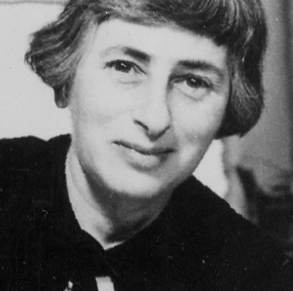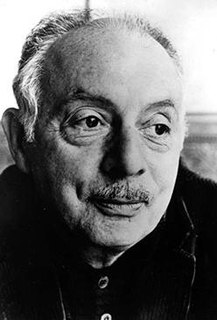A Quote by Paul Valery
A man is a poet if difficulties inherent in his art provide him with ideas; he is not a poet if they deprive him of ideas.
Related Quotes
The poet's, the writer's, duty is to write about these things. It is his privilege to help man endure by lifting his heart, by reminding him of the courage and honor and hope and pride and compassion and pity and sacrifice which have been the glory of his past. The poet's voice need not merely be the record of man, it can be one of the props, the pillars to help him endure and prevail.
Ideas are powerful things, requiring not a studious contemplation but an action, even if it is only an inner action. Their acquisition obligates each man in some way to change his life, even if it is only his inner life. They demand to be stood for. They dictate where a man must concentrate his vision. They determine his moral and intellectual priorities. They provide him with allies and make him enemies. In short, ideas impose an interest in their ultimate fate which goes far beyond the realm of the merely reasonable.
A poet is wounded into speech, and he examines these wounds, meticulously, to discover how to heal them. The bad poet harangues at the pain and yowls at the weapons that lacerate him; the great poet explores the inflamed lips of ruined flesh with ice-caked fingers, glittering and precise; but ultimately his poem is the echoing, dual voice reporting the damages.
One of the appeals of William Carlos Williams to me is that he was many different kinds of poet. He tried out many different forms in his own way of, more or less, formlessness. He was also a poet who could be - he was a love poet, he was a poet of the natural order and he was also a political poet.





































